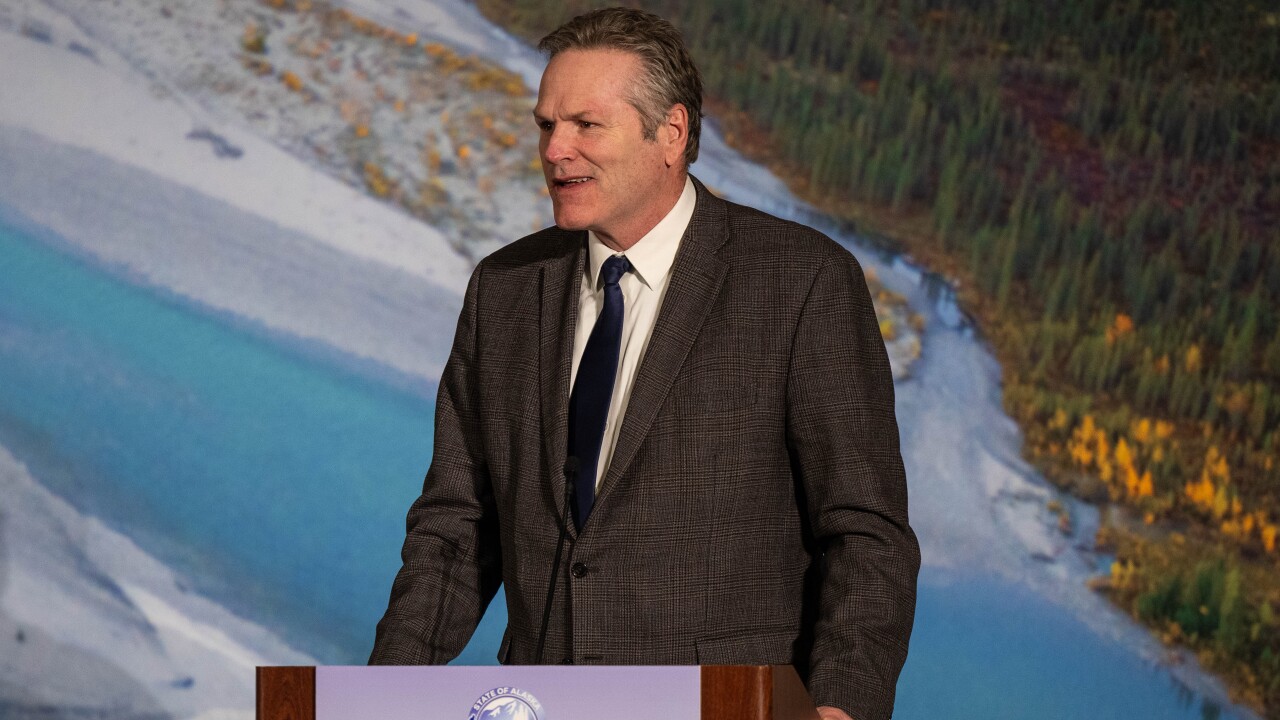A bankruptcy case involving an Arizona participant sports venue could be dismissed amid allegations by a U.S. trustee of "dishonesty, incompetence, or gross mismanagement," as well as the possible misuse of bond proceeds on the part of its nonprofit owner.
Legacy Cares Inc.

In a June 28 filing, U.S. Trustee Ilene Lashinsky, who is monitoring the case, asked the court to appoint an independent Chapter 11 trustee to assume control over Legacy Cares' assets and operations or dismiss the case.
In her argument for a trustee, Lashinsky said Legacy Cares "has been evasive and unforthcoming in advising bondholders and creditors of material facts concerning the financials, receivables, and expenditures," and it would be imprudent and unfair to creditors to presume the gross mismanagement that occurred before the bankruptcy filing "will suddenly cease."
"A trustee will unquestionably act as a true fiduciary to all creditors to preserve, protect, and pursue all assets of the estate," the filing stated, adding the trustee would be in a position to pursue actions against the venue's former operator, Legacy Sports and others to ensure all potential assets are recovered.
The filing claims there were pre- and post-bankruptcy petition misdeeds on the part of Legacy Cares, including loans made to Legacy Sports and other third parties, with Lashinsky contending some of the money likely came from bond proceeds — a practice prohibited under a loan agreement with the AZIDA.
"It is unclear whether the debtor was ever repaid the loans and other receivables from Legacy Sports and, thus, whether these are current assets of the bankruptcy estate," according to the filing.
The U.S. trustee also claimed Legacy Cares falsely certified in 2022 it was in compliance with the loan agreement even though it failed to file an annual audit and was the target of mechanics liens now totaling over $33 million. Concerns were raised about Elite Sports Group, which in April took over the management of the 320-acre Legacy Park in Mesa that opened in January 2022.
U.S. Bankruptcy Court Judge Daniel Collins set a July 20 deadline for parties to respond or object to the U.S. trustee's motion ahead of a July 27 hearing.
Legacy Cares called the motion "unnecessary and reckless," contending it will "set the record straight" when it files its formal response.
"The U.S. Trustee was given the opportunity to speak with Legacy Cares' chief financial officer, but she declined that opportunity," it said in a statement. "Instead, she hastily wrote a motion that undermines Legacy Cares' efforts to sell the park and maximize recovery for the creditors."
In its latest disclosure notice posted on the Municipal Securities Rulemaking Board's EMMA website, Legacy Cares said investment banking firm Miller Buckfire continues
The notice also cited a June 15 bankruptcy court order approving financing for operations and bankruptcy-related costs that may be funded with money held by the bond trustee in the debt service reserve fund.
Last year, bond trustee UMB Bank
A
In February, bondholders rejected a
Bell Bank, which held naming rights to what had been known as Bell Bank Park, announced in April it had
Legacy Cares' high-profile financial woes have subjected AZIDA to increased scrutiny. Arizona Gov. Katie Hobbs in March informed Executive Director Dirk Swift the agency must disclose details about borrowers, including past projects and experience, existing financings, past defaults, debt-to-income ratio over the past 12 months, and business plans.
The agency was asked to direct its bond issuances to certain priority areas listed by the governor that included affordable housing, broadband infrastructure, and renewable energy.
AZIDA, which has been serving as a conduit bond issuer for out-of-state projects, was also told that each Tax Equity and Fiscal Responsibility Act submission to the Democratic governor's office must address how the proposed project benefits the state of Arizona, particularly its underserved and historically excluded communities, and how it advances the governor's project priorities.
At least two letters of support from a current federal, state, or local elected official representing the project area will be required, according to Hobbs' March letter. Swift did not respond to emailed questions concerning Hobbs' directives, the Legacy Cares bankruptcy, and a
The performance audit found "the AFA Board had not implemented internal controls for managing and overseeing some AZIDA activities, such as its conduit bond program which issued approximately $2 billion in conduit bonds in fiscal year 2022, resulting in increased risk for errors and fraud."
Defaults have popped up in other AZIDA conduit deals.
The most recent impairment involves nearly
In May, the company, the majority senior bondholder, and the bond trustee
The AZIDA board on June 15 approved a plan, presented by the company and an attorney for bond trustee UMB Bank with the support of senior bondholders, to incur up to $55 million in additional debt to complete the project, according to draft meeting minutes.
A
Some AZIDA deals that financed projects in other states are also troubled.
On June 30, S&P Global Ratings
A
The most recent event disclosure on EMMA for the





